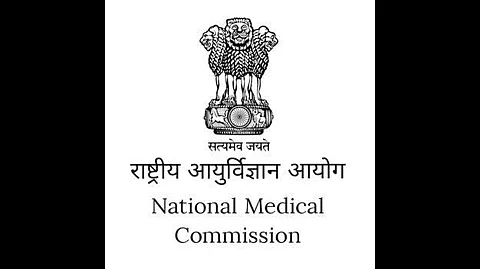Patient Safety and Consent Take Center Stage
Patient safety is paramount in the NMC’s 2025 guidelines. Written informed consent is mandatory, and patients must fully understand the educational intent, potential risks, and their right to withdraw consent at any point. High-risk cases, patients with incomplete investigations, or unusual anatomy are explicitly excluded from live broadcasts.
Patients must not receive any form of financial incentive, and to prevent undue burden, organizers must cover all surgery-related costs, including implants, drugs, consumables, and post-operative care. Additionally, insurance coverage is mandatory, and organizers are required to ensure patients are protected from surgical complications—management of which must be offered free of cost.


